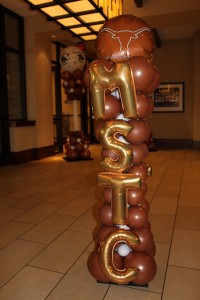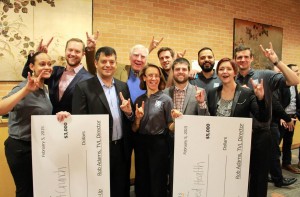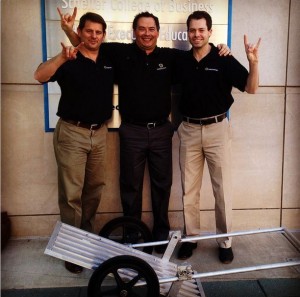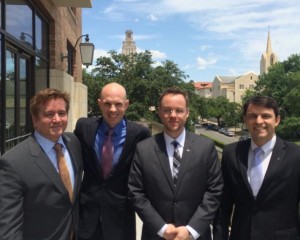Just over a week ago, The University of Texas at Austin’s Master of Science in Technology Commercialization (MSTC) Program’s Class of 2015 walked across the stage to collect their diplomas from program director, Dr. Gary Cadenhead, and Dean Tom Gilligan of The McCombs School of Business.
Whether you ask our students, our faculty members, or our program staff, there is one answer that is identical across the board: MSTC is a whirlwind. Students start classes in early May, and just one year later they’re celebrating their completion of the program to the tune of “Pomp and Circumstance”.
Throughout our one-year business master’s degree program, our students learn a lot: a lot about business, a lot about innovation, a lot about each other, and–to be just a bit trite–a lot about life. With that in mind, we asked a handful of the members of the Class of 2015 to share with us their biggest takeaways from the Texas MSTC Program. We hope you enjoy their advice as much as we do!
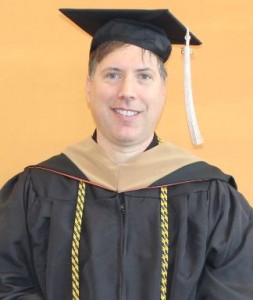 “It is hard to believe that one year ago, I was waking up on a Sunday morning after launch week and thinking about how much there was to do. Now I’m up on Sunday morning thinking about how much we all have done. The best part of this program is all of the interaction between the students as well as between students and the fantastic faculty. I have learned a lot from all of them both inside and outside of class.
“It is hard to believe that one year ago, I was waking up on a Sunday morning after launch week and thinking about how much there was to do. Now I’m up on Sunday morning thinking about how much we all have done. The best part of this program is all of the interaction between the students as well as between students and the fantastic faculty. I have learned a lot from all of them both inside and outside of class.
My key takeaways from the program are; recognize a market pain, figure out how to ease it, plan, plan, plan, and be persuasive. Throughout this year we have learned quite a few processes, tools, and frameworks that will suit us well going forward.”
-Mike Tulkoff, Independent Technology Consultant
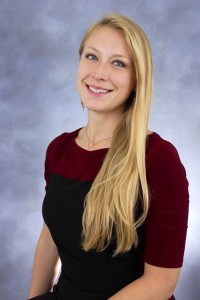
“The MSTC program was tailored directly to my interests and within the team structure, we were able to hone those interests even further. I am now leagues more confident in my business knowledge and can speak about concepts both abstractly and tangibly with confidence. With the curriculum, classmates, faculty and the McCombs brand behind me, new opportunities have presented themselves, and I have been equipped to take advantage of them. Now I have a new job fusing technologies together to help other companies see their innovations to fruition in the market, and it is incredibly fulfilling. I think I appreciated my degree a thousand times more after talking through a product manufacturing flow a client on my first day at work and likewise as I help formulate the stories we will tell to market to prospective clients. It was a marathon of a year, but I am so glad I did it.”
-Karyl Fowler, Business Development Specialist, Novati Technologies
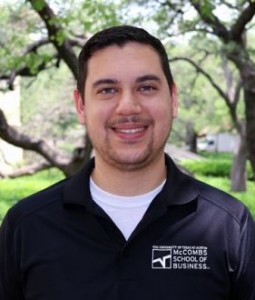
“Reflecting on how I have changed over the past year, I recognize my presentation, oral and written communication skills have dramatically improved. I am a very outgoing individual and have no fear of public speaking but this program definitely expanded on my communication skills. I also notice I approach problems much differently than before. I have learned how to ask the right questions and how to think about challenges in ways that will help drive a positive outcome. The best part of the program, however, has been my classmates because they come from many walks of life and have different professional experiences that truly enriched my MSTC experience.”
-Jonathan Cartmill, Technical Sales Representative, National Instruments
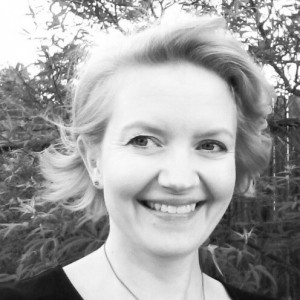 “I did accomplish what I set out to do and have successfully transitioned from Engineering Management to Product Management. This program certainly helped me reposition my personal brand and make the transition far more easily than it otherwise would have been. The conversations I am able to have today regarding markets, pricing, and general “the idea is great, but will anyone pay for it?” (with accuracy, gusto, and confidence) would not have been possible a year ago. The network of my fellow MSTC Class of 2015 is the real gem, of course! I am thankful to have grown my network by 70 or so amazing people.”
“I did accomplish what I set out to do and have successfully transitioned from Engineering Management to Product Management. This program certainly helped me reposition my personal brand and make the transition far more easily than it otherwise would have been. The conversations I am able to have today regarding markets, pricing, and general “the idea is great, but will anyone pay for it?” (with accuracy, gusto, and confidence) would not have been possible a year ago. The network of my fellow MSTC Class of 2015 is the real gem, of course! I am thankful to have grown my network by 70 or so amazing people.”
-Rainya Mosher, Product Manager, Rackspace
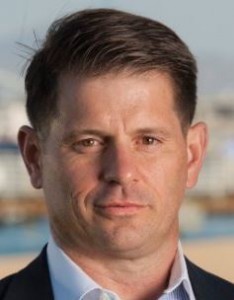 “The Master of Science in Technology Commercialization (MSTC) program was a significant game-changer for me. I retired out of the Navy with a solid grounding in risk assessment, operations, and execution – both at the tactical and strategic level – but quickly realized I did not have the vocabulary and foundation that my civilian counterparts had regarding how the corporate side functions. The MSTC program was a perfect bridge to creating that foundation. The conversations, questions, and concepts that I partake in today would absolutely not have been possible without the focused, rigorous curriculum that The University of Texas McCombs School of Business assembled in the MSTC program. It is hard to believe the difference between how I approach problems now and how I approached problems on day #1 of the program.”
“The Master of Science in Technology Commercialization (MSTC) program was a significant game-changer for me. I retired out of the Navy with a solid grounding in risk assessment, operations, and execution – both at the tactical and strategic level – but quickly realized I did not have the vocabulary and foundation that my civilian counterparts had regarding how the corporate side functions. The MSTC program was a perfect bridge to creating that foundation. The conversations, questions, and concepts that I partake in today would absolutely not have been possible without the focused, rigorous curriculum that The University of Texas McCombs School of Business assembled in the MSTC program. It is hard to believe the difference between how I approach problems now and how I approached problems on day #1 of the program.”
-Britt Talbert, Senior Program Manager, GM
If you’re interested in learning more about the Texas MSTC Program, we invite you to explore our website and visit a class. We hope to see you on campus soon. Hook ’em!

